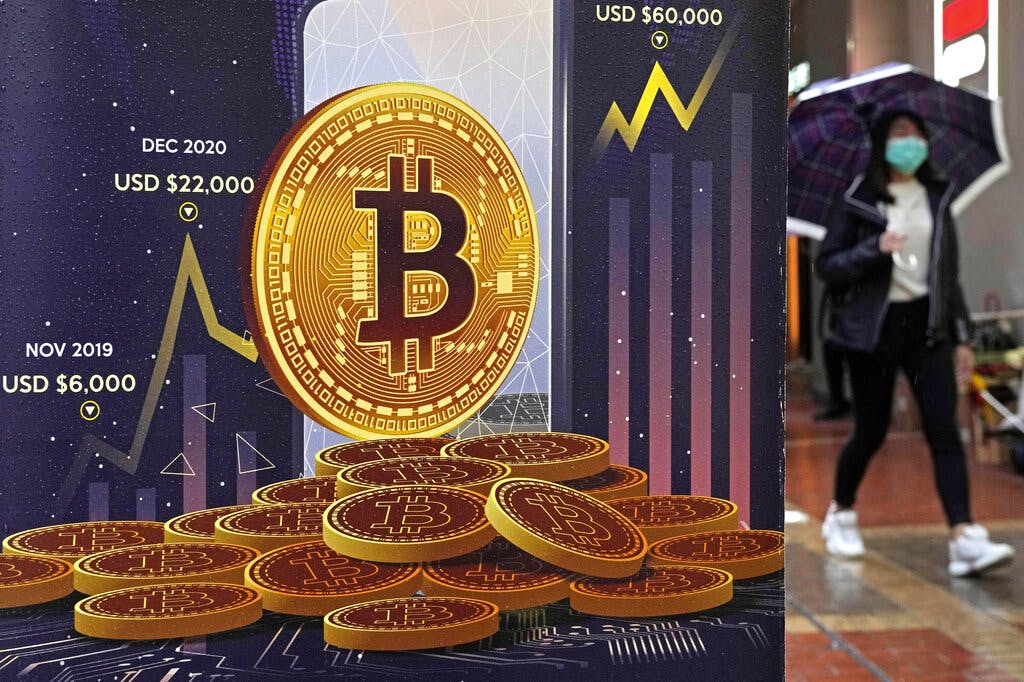
‘Death to Herzog’ Graffiti Appears at Melbourne University Amid Protests Over Israeli President’s Visit
By JOTAM CONFINO
|Activity surrounding cryptocurrencies increased dramatically during the periods immediately following large disbursements from the 2020 Paycheck Protection Program.

Already have a subscription? Sign in to continue reading

By JOTAM CONFINO
|
By GEORGE WILLIS
|
By THE NEW YORK SUN
|$0.01/day for 60 days
Cancel anytime
By continuing you agree to our Privacy Policy and Terms of Service.